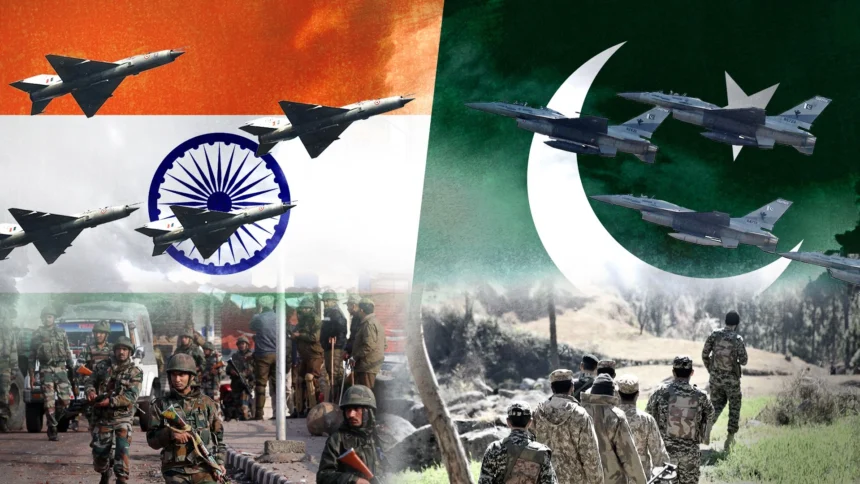Meta, the parent company of Instagram, has complied with a legal request from the Indian government to block the widely followed Muslim news page, @Muslim, amid rising tensions between India and Pakistan. The move has sparked controversy, with many labeling it as censorship. The account, which boasts 6.7 million followers, has faced growing scrutiny as hostilities escalate between the two nuclear-armed nations. TF reviews the details of the block, the underlying political context, and the implications for freedom of expression on social media platforms.
What’s Happening & Why This Matters

The @Muslim account, a prominent news source for the Muslim community, was blocked in India following a legal request from the Indian government. Instagram users in India attempting to access posts from the account were met with a message stating that the content was unavailable due to a request from the government. The decision was made as tensions between India and Pakistan escalated, particularly after a missile strike by India on its rival’s territory.
Ameer Al-Khatahtbeh, the founder of the @Muslim account, criticized the move as censorship, emphasizing that it was an attempt to silence media voices holding those in power accountable. Al-Khatahtbeh also shared that many of his followers in India expressed frustration at being unable to access the content. While Meta has not commented publicly, it referred to its policy on content restrictions when governments claim that the material violates local laws.
The @Muslim ban is a pattern of censorship in India, which has also involved blocking other Pakistani social media accounts, including those of cricketers, actors, and political figures. The rising conflict between India and Pakistan has fueled the spread of misinformation and divisive content online, with users sharing fake videos and misleading images falsely linked to the ongoing violence.
What’s the Impact?

The ban presents growing concerns about censorship and the role of social media in regulating free speech. While governments often justify these actions on national security grounds, critics argue that they restrict the public’s right to access information and hold those in power accountable. The fact that a central platform like Meta is complying with such government requests raises questions about the extent to which tech giants are willing to cooperate with state-led censorship efforts.
This case also illuminates the delicate balance social media platforms must strike between adhering to local laws and maintaining their commitment to free speech and human rights. The industry, human rights advocates, and users worldwide responses play a notable role in determining how these platforms handle similar future requests.
TF Summary: What’s Next
As India and Pakistan engage in escalating hostilities, social media’s role in communicating public perception and spreading information is critical. The @Muslim account’s suspension is as a powerful reminder of the challenges faced by media outlets — particularly those focused on politically sensitive topics.
In the interim, the situation remains fluid, with both countries dealing with the aftermath of the recent violence and the growing public opinion divide. Online misinformation is here to stay. Social media companies must find ways to handle government requests while protecting their platforms’ free expression and integrity. Meta’s actions may affect how other tech companies handle volatile situations forever.
— Text-to-Speech (TTS) provided by gspeech


